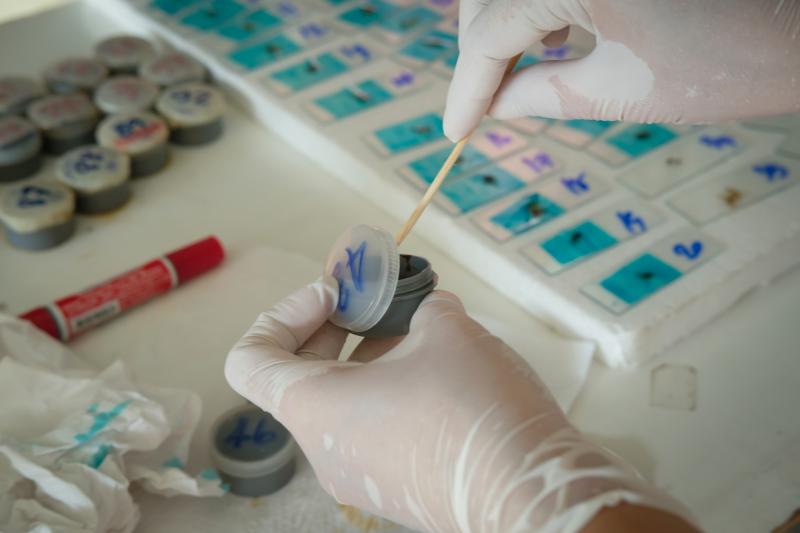
An inpatient faecal microbiota transplantation (FMT) programme yields substantial reductions in Clostridioides difficile infection (CDI)-related mortality in patients with refractory severe or fulminant (SF) CDI, a study has found.
Researchers examined the medical records of 430 patients (mean age, 61.1 years; 49.3 percent female) hospitalized for SFCDI at a single centre, among whom 205 were admitted prior to the implementation of the FMT programme (pre-FMT) and 225 were admitted after (post-FMT). They also performed subgroup analyses involving 199 patients with fulminant CDI and 110 patients with refractory SFCDI (no improvement after ≥5 days of maximal anti-CDI antibiotic therapy).
Fifty patients underwent FMT for refractory SFCDI, with a median of two FMTs per patient. Among the 16 refractory SFCDI patients in the post-FMT period who did not receive FMT, six underwent colectomy (five survived; one died within 30 days), three continued with medical therapy and survived, and the remaining seven died due to withdrawal of care or anatomic issues precluding FMT delivery (obstructing distal colon cancer not allowing passage of an endoscope).
Rates of CDI-related mortality were lower post-FMT (10.2 percent pre-FMT vs 4.4 percent; p=0.02). Subgroup analyses confirmed that CDI-related mortality was lower post-FMT in the subgroup of patients with fulminant CDI (21.3 percent vs 9.1 percent; p=0.015) and in the subgroup of those with refractory SFCDI. CDI-related mortality was 43.2 percent before the FMT programme vs 12.1 percent after (p<0.001).
Likewise, the FMT programme significantly reduced the rates of CDI-related colectomy in the overall population of patients with SFCDI (6.8 percent pre-FMT vs 2.7 percent post-FMT; p=0.041), in the subgroup of patients with fulminant CDI (15.7 percent vs 5.5 percent; p=0.017) and in the subgroup of those with refractory SFCDI (31.8 percent vs 7.6 percent; p=0.001).
The effect of FMT on CDI-related mortality remained significant for patients with refractory SFCDI on further analysis (p=0.023).
In light of the findings, the researchers said that FMT be considered in patients who fail maximal anti-CDI antimicrobial therapy who would otherwise be referred for surgical management.